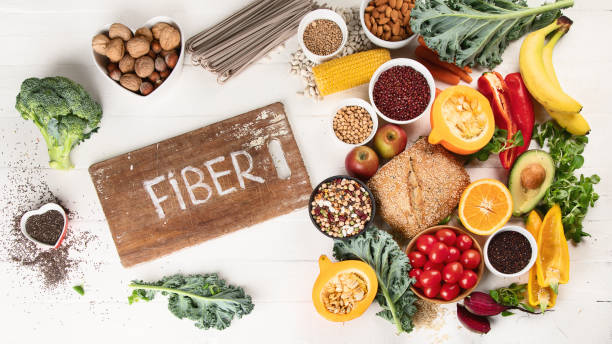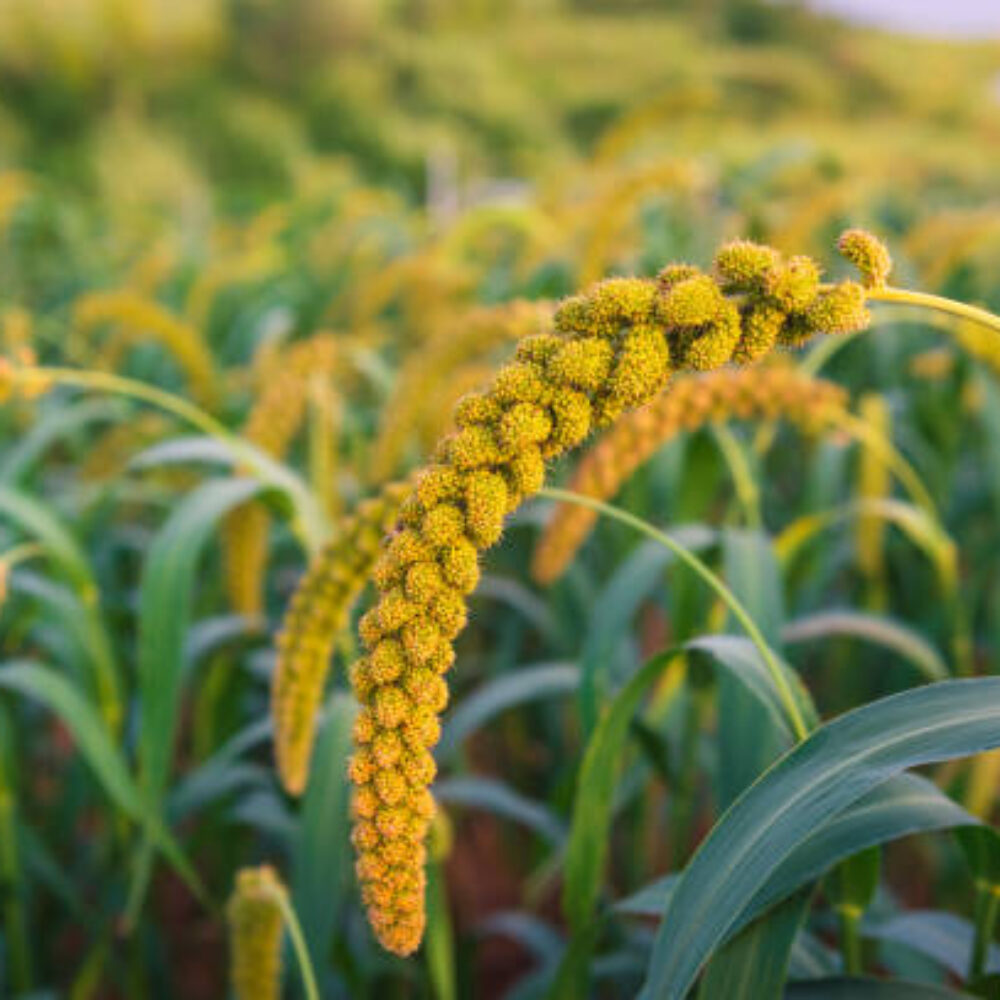1. Fiber
You can divide fiber into two parts. The first is soluble, and the second is insoluble. Foods like oatmeal, chia seeds, apples, nuts, and pulses are called soluble fibers. All these foods are essential for controlling blood cholesterol.
Wheat, vegetables, fruit peels, peanuts, walnuts, and various types of grain seeds are called insoluble fiber. Insoluble fiber is essential for keeping calories in check and developing appetite habits.
Soluble and insoluble fiber is present in foods like coconut, apple, sweet potato, strawberry, banana, dark chocolate, pasta, radish, broccoli, carrot, bitter gourd, millets, etc. Fiber is vital for controlling various types of cancer. Fiber plays an effective role in preventing colon cancer.
If you want to keep your weight under control, eat fiber-rich foods. Along with fiber intake, make it a habit to drink water regularly. If you are not used to consuming fiber-rich food regularly, then don’t suddenly eat extra fiber-rich food one day. This can cause problems like bad digestion.
Increase the amount of vegetables in your diet occasionally instead of fish or meat. Gradually develop a regular habit of eating vegetables. Men and women need 30 grams and 25 grams of fiber daily, respectively.
Dietary fiber increases the weight and size of stool and softens it. A bulky stool is easier to pass, reducing your chance of constipation. It helps maintain bowel health.

Why is fiber so important for digestive health?
Dietary fiber is very important in maintaining the health of the digestive system. Since childhood, we have had a lot of reluctance to eat vegetables or fruits. But these foods have the highest amount of fiber.
Exercise
Exercise benefits your muscles, bones, heart, lungs, and brain, but gut health is also greatly helped by exercise.

How does exercise help your gut?
Scientists have recently come to appreciate how the gut, with its host of good bacteria, does more than just digest food; it plays a vital role in general health. And guess what? Regular exercise is good for your gut.
Exercising increases the diversity of the microbiome in the gut. Doing exercise improves gut motility. Physical exercise can boost the metabolic process. Exercise also helps digest food properly. It also strengthens your gut muscles.
Best Exercises for Improving Gut Health:
- Walking: Walking can significantly impact your digestive fitness.
- Yoga: Yoga is an perfect exercise for those who want better gut health.
- Biking
- Situps & Crunches
- Pelvic Floor Activation
Regular exercise is very important along with eating nutritious foods rich in fiber in your daily diet. It keeps the body hydrated and the gut healthy. Alcohol, caffeine, and spicy foods should be avoided if you have intestinal problems.



